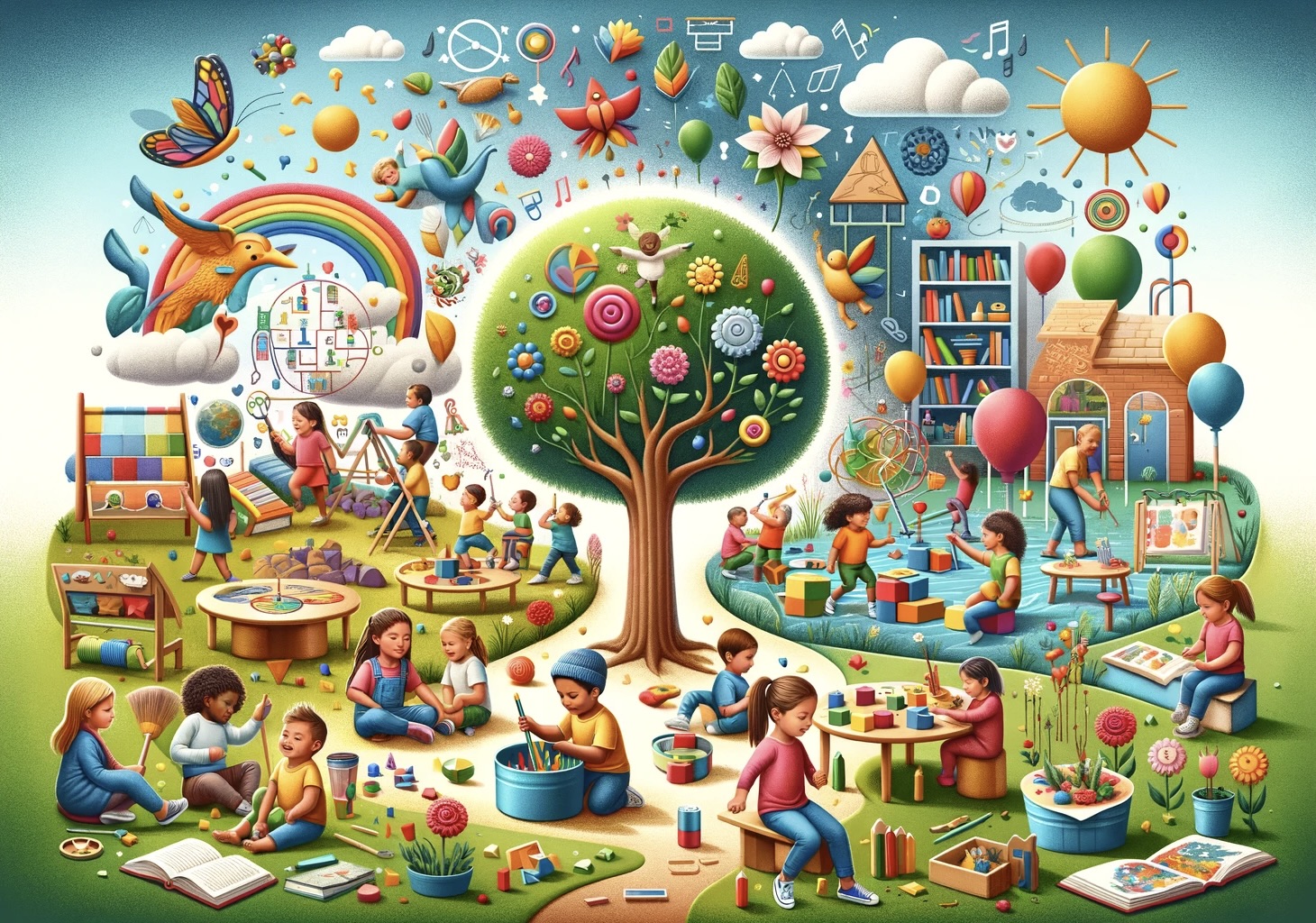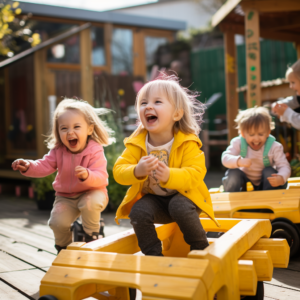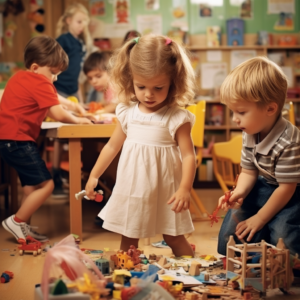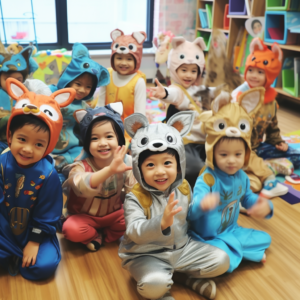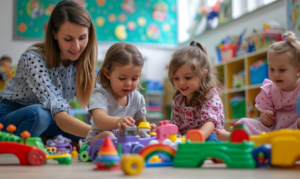Holistic child development goes beyond the confines of traditional academics, focusing on nurturing all aspects of a child’s growth.
This includes cognitive, emotional, social, physical, and spiritual development. By embracing a holistic approach, parents and educators can ensure that children develop into well-rounded individuals who are not only academically proficient but also emotionally resilient and socially competent.
In recent years, there has been a growing recognition of the importance of holistic child development. The World Health Organization (WHO) has introduced measures like the Global Scales for Early Development (GSED) to provide a comprehensive assessment of young children’s development, emphasizing the need for nurturing care that covers all facets of a child’s growth (World Health Organization (WHO)) (Mirage News). This article explores the various dimensions of holistic child development and offers practical insights for parents and educators.
The Dimensions of Holistic Development
Cognitive Development
Cognitive development is often at the forefront of educational goals, but it is essential to integrate it with other developmental aspects. The GSED methodology, for example, includes cognitive assessments alongside socio-emotional, language, and motor skills (World Health Organization (WHO)). Cognitive development involves enhancing a child’s ability to think, learn, and solve problems, which can be supported through activities that stimulate curiosity and encourage exploration.
Emotional Development
Emotional development is crucial for building resilience and empathy. Children who can understand and manage their emotions are better equipped to handle stress and build healthy relationships. Activities such as role-playing, storytelling, and discussing feelings help children develop emotional intelligence. According to Dr. Jacqueline Harding, play is a fundamental aspect of emotional growth, as it allows children to express themselves and process their experiences (MedXpress).
Social Development
Social development involves learning to interact with others and understanding social norms. Encouraging group activities and cooperative play helps children learn to share, negotiate, and empathize with peers. This aspect of development is particularly important in early childhood, as social skills lay the foundation for future relationships and collaboration.
Physical Development
Physical development is not just about motor skills but also includes overall health and well-being. Regular physical activity, a balanced diet, and adequate sleep are fundamental. Engaging in diverse physical activities helps children develop strength, coordination, and endurance. Moreover, physical health supports cognitive functions and emotional stability (OWIS).
Spiritual Development
Spiritual development, while often overlooked, is about helping children find meaning and purpose in life. This can be fostered through activities that encourage reflection, gratitude, and connection with nature. It’s about instilling values and ethics that guide children as they grow.
Practical Strategies for Holistic Development
Play-Based Learning
Play is a powerful tool for holistic development. It integrates physical, cognitive, and emotional learning in a natural and enjoyable way. Dr. Harding emphasizes that play-driven neural pathways established before the age of six have a lasting impact on a child’s development (MedXpress). Ensuring that children have ample time for unstructured play is vital.
Healthy Lifestyle Choices
Promoting a healthy lifestyle is fundamental. Encourage regular physical activity by participating in sports or outdoor activities as a family. Emphasize the importance of a nutritious diet by involving children in meal planning and preparation. Establish consistent sleep routines and create a conducive sleep environment to ensure they get enough rest (OWIS).
Emotional Support
Create an environment where children feel safe to express their emotions. Model positive emotional behavior and provide opportunities for children to talk about their feelings. Activities like journaling, mindfulness, and breathing exercises can help children manage stress and build emotional resilience.
Encouraging Curiosity
Foster a love for learning by encouraging children to ask questions and explore their interests. Provide them with diverse experiences, from visiting museums to exploring nature. Use their natural curiosity as a springboard to introduce new concepts and skills.
Building Social Skills
Facilitate opportunities for social interaction through playdates, group activities, and community events. Teach children the importance of empathy and cooperation by setting examples and guiding them through social situations. Encourage teamwork and collaborative projects that require them to work together and resolve conflicts.
Holistic child development is about nurturing every aspect of a child’s growth. By focusing on cognitive, emotional, social, physical, and spiritual dimensions, parents and educators can help children become well-rounded individuals. The holistic approach ensures that children are not only academically capable but also emotionally balanced, socially adept, physically healthy, and spiritually aware.
Start integrating holistic development practices into your child’s daily routine. Encourage play, promote healthy lifestyle choices, support their emotional needs, foster curiosity, and build social skills. By doing so, you can help your child reach their full potential.

